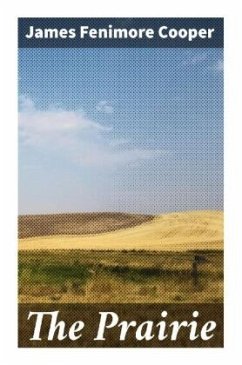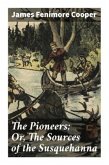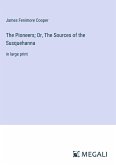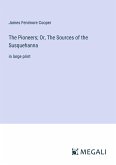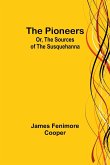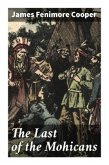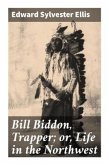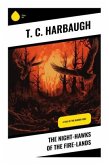In "The Prairie," James Fenimore Cooper continues his exploration of the American frontier, presenting a vivid tapestry of life amidst the vast landscapes of the Great Plains. Set in a period transitioning from the wilderness to civilization, the narrative intricately weaves themes of nature, humanity, and the inevitable encroachment of progress. Cooper's prose, rich with detailed descriptions and lively dialogue, reflects the Romantic literary style, while his keen observations on the changing American landscape offer a profound commentary on national identity and the complexities of pioneer life. As part of Cooper's Leatherstocking Tales series, this novel serves as both a literary legacy and a historical document, emphasizing the delicate balance between man and nature. James Fenimore Cooper (1789-1851) was a pioneering American novelist whose experiences as a landowner, sailor, and lover of nature deeply informed his writing. His childhood in New York's Cooperstown and engagement with Native American communities allowed him to craft authentic narratives that highlight the exploration of the American ethos. With "The Prairie," Cooper ventures westward, reflecting his own fascination with the landscape and the mythology surrounding westward expansion. Fans of introspective historical fiction, as well as those interested in the complexities of early American life, will find "The Prairie" a compelling read. Cooper's exploration of themes such as ecological awareness and cultural transformation remains remarkably relevant, inviting readers to reflect not only on the past but also on contemporary issues of environmental stewardship and identity. This novel is essential for anyone seeking a deeper understanding of Cooper's contribution to American literature.
Bitte wählen Sie Ihr Anliegen aus.
Rechnungen
Retourenschein anfordern
Bestellstatus
Storno

